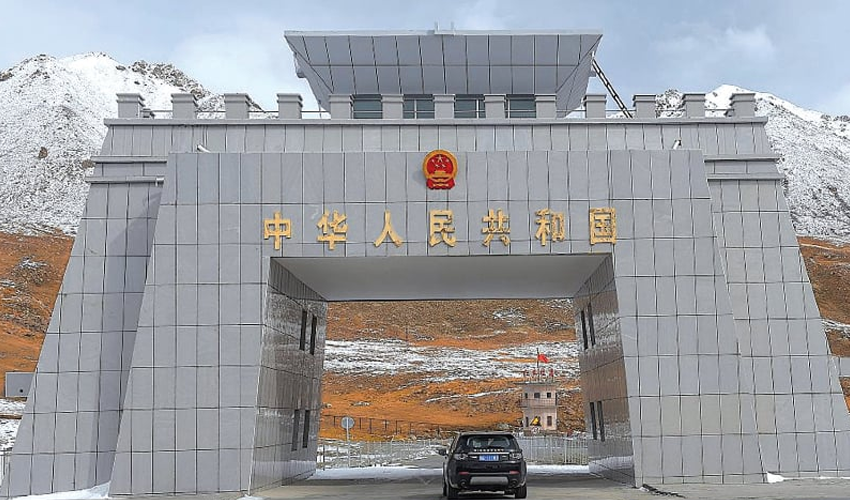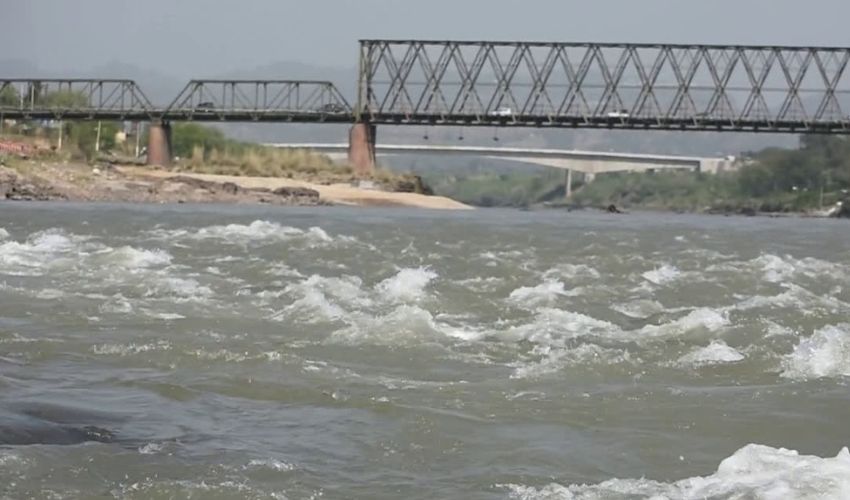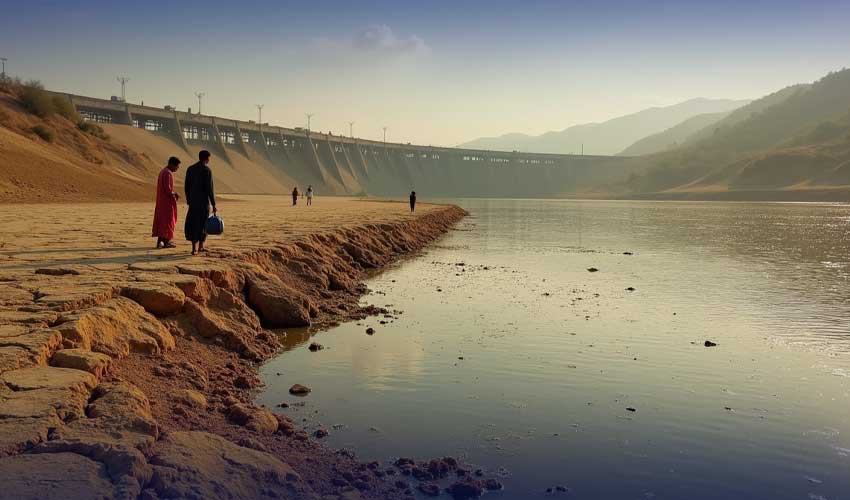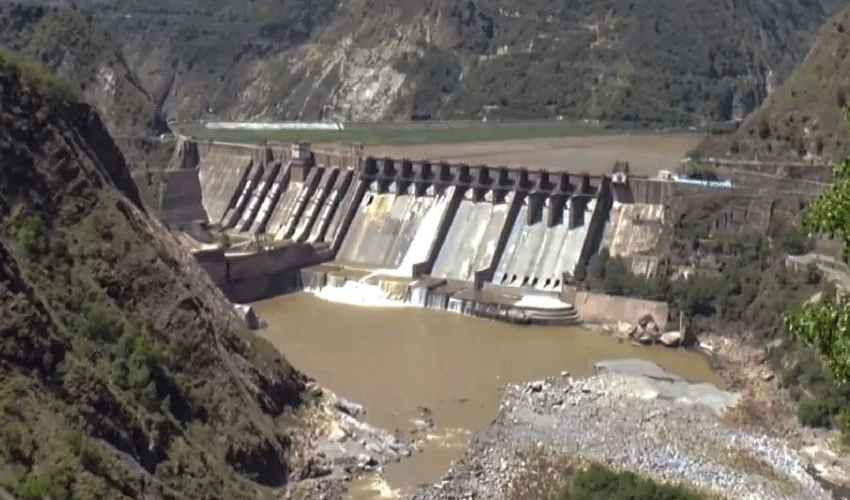Recently, the Chinese government announced the closure of Khunjerab Pass, a crucial land trade route connecting Pakistan and China, for four months.
This announcement comes less than a month after Pakistan's Prime Minister, Anwaar-ul-Haq Kakar, assured that the high-altitude pass would remain operational year-round.
The closure, communicated through a notice from China’s Xinjiang region's Khunjerab Port management, is scheduled from December to March.
Contrary to expectations, the pass, the highest paved international border standing at over 4,600 meters (15,000 feet) above sea level, will revert to its seasonal mode of customs clearance during this period.
The sudden decision poses challenges to the strong trade relationship between the two nations, casting a shadow on the China-Pakistan Economic Corridor, a flagship project within the Belt and Road Initiative.
The closure contradicts Prime Minister Kakar's announcement at the Belt and Road Forum in Beijing, where he disclosed plans to convert Khunjerab Pass into an ‘all-weather border.’
To maintain year-round access, the two countries must now amend and sign an agreement on border ports and management systems through diplomatic channels.
Until then, the pass will remain closed during winter, with provisions for temporary openings in case of special needs.




























